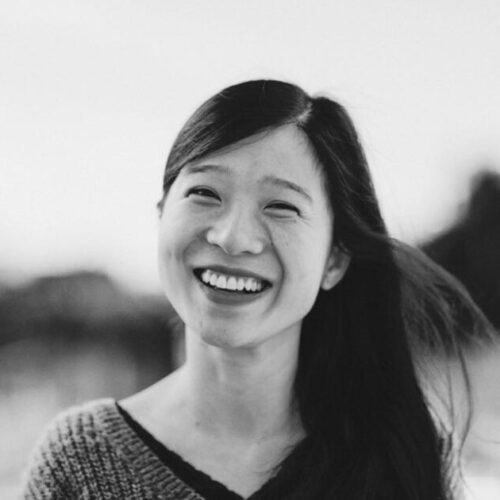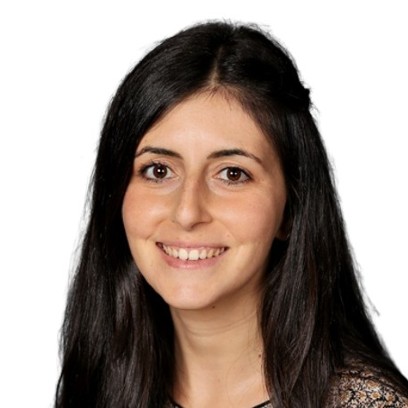Jiayi Zhou, a Researcher in Conflict, Peace and Security at SIPRI shares insights about her experience as a PhD student at Mistra Geopolitics Research School and her research on conflicting narratives around security in the current geopolitical environment.
Dr. Zhou conducted her research focusing on policy analysis, examining concepts such as “security” and “geopolitics.” Being part of the research school helped Jiayi Zhou to shift her research from an instrumental way of thinking, to critically examining these baseline concepts that recurrently arise in geopolitical analysis.
“One of the important takeaways that I took from the research school was just taking a step back, and critically thinking before we assume that everybody’s on the same page regarding what we’re trying to achieve. For example, does security mean the same thing for everyone? What does it mean that the pursuit of security benefits some groups more than others?”
— Shared Jiayi Zhou, Researcher in Conflict, Peace and Security at SIPRI

Security for whom?
Considering the meaning of terms such as food security from a global perspective, and how it’s used across different policy spaces, Jiayi reflected on two essentially incompatible definitions that stand out: security for nation-states and individuals.
For instance, defining security as being for individuals, is part of the humanitarian perspectives taken by UN, FAO and other multilateral organisations, whereas the US or Russian military may tend to secure a state, for example, at the expense of others. Within this context, security can be conceptualised as positive-sum, where security is collective, and zero-sum, where security is exclusive and limited:
“Security as positive–sum can be simply described as “the more secure you are, the more secure I am” thus you being more secure means I’m also secure. This is essentially a humanitarian and cosmopolitan perspective, where the more people are secured, the better. However, security can also be seen as a pie or a limited quantity, where “the more I have, the less you have.” This is what one can see in zero-sum perspectives of security.”
— explained Jiayi Zhou, Researcher in Conflict, Peace and Security at SIPRI
From her perspective and research work, Dr Zhou believes that in global geopolitics today, these two very different definitions of security, positive-sum and zero-sum, are in conflict. For instance, states taking security approaches in line with a zero-sum definition of security imply one has an interest in your so-called counterpart not flourishing. Therefore, organizations such as the UN Food and Agriculture Organization (FAO), coordinating international efforts focusing on individuals to address global hunger, are limited by governmental policies that prioritise national self-sufficiency.
These two forms of discourse around security often contradict one another, which can risk continuing to make policy responses ineffective. Such contradictions are also evident when considering Swedish food security.
What lessons can be learned in food security for Sweden?
Dr Zhou pointed out that there are different strategies Sweden could take. In the short term, focusing on localizing food production and supply chains might help Sweden to avoid certain vulnerabilities, such as exposure to international price shocks or the risks of geopolitical coercion. However, in the long term, such kinds of policies would make international markets even more volatile, and negatively impact other countries. Therefore, if rather focused on the humanitarian picture, Sweden would need to put some attention to how the political elements of the food and agricultural system can be brought together, and how to make them function in a better way.
”Food and agriculture aren’t just technical or just economic matters, they are deeply political. Therefore, rather than just considering how we pursue food security as a straightforward technical endeavor, I would suggest placing more emphasis on bringing parties to the table, understanding different value systems, and then from there working towards outcomes that better benefit everyone.”
— commented Jiayi Zhou, a Researcher in Conflict, Peace and Security at SIPRI
As conclusion, she points out that rather than thinking about Swedish interests regarding food security in very narrow terms, we should think about Swedish interests in broader terms. For example, to consider the role Sweden and the EU plays in international markets and how the way it pursues food security might impact the most vulnerable and import-dependent.
For more information contact

Jiayi Zhou

Ylva Rylander

Ana Calvo
This text was written by Ana Calvo, Communications Assistant at SEI and Mistra Geopolitics. Edited by Ylva Rylander, Communications Officer at SEI and Mistra Geopolitics.



